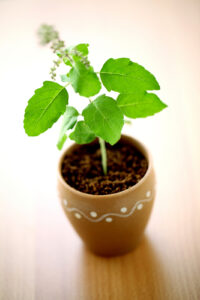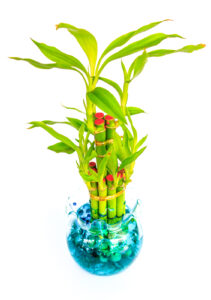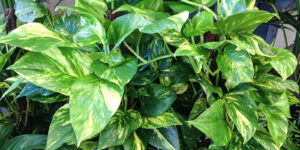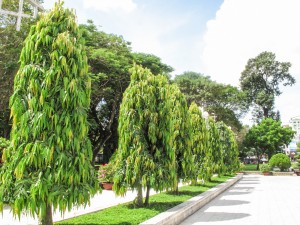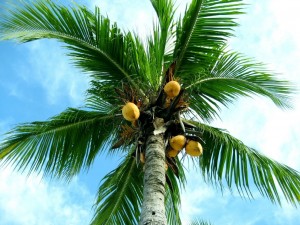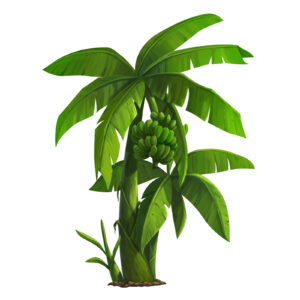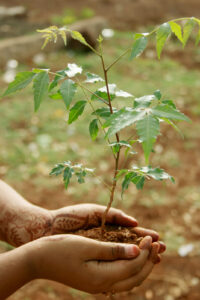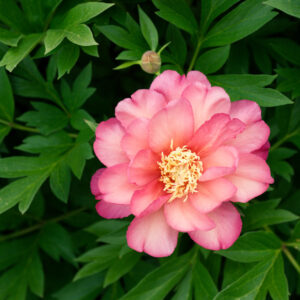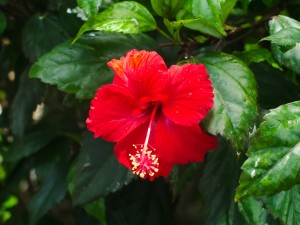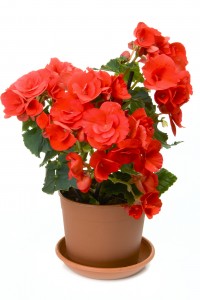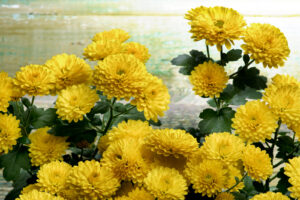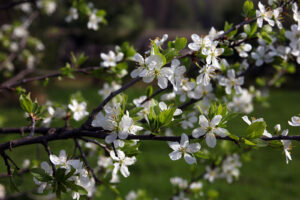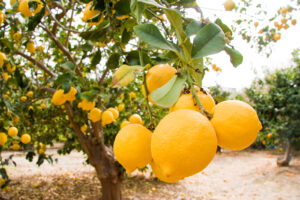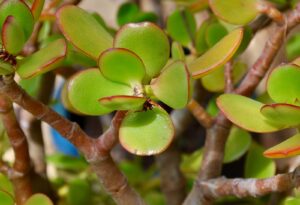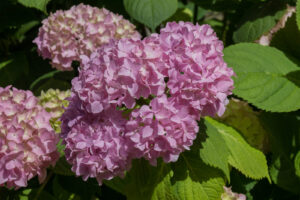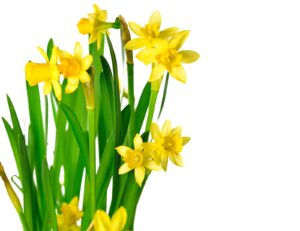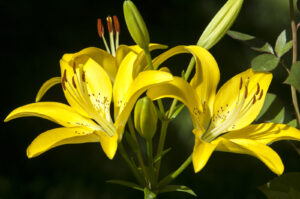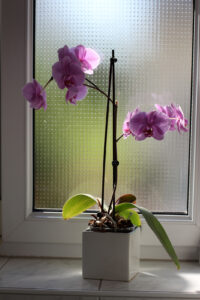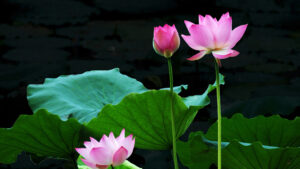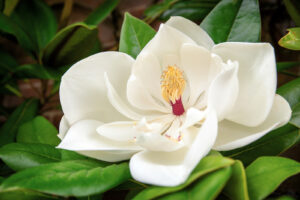
WELCOME NEW YEAR WITH DIVINE VASTU TIPS TO INCREASE POSITIVE ENERGY
January 4, 2016
Elephant Energy and Divine Vastu Tips:
February 11, 2019 Green plants and trees add an element of beauty to a home and also contribute to fresh oxygen and cleanse the air. However, an effort needs to be put into choosing the right sort of plants. If they don’t comply with the principles of Vastu and are placed in the wrong direction, it could have an adverse impact on the inhabitants of the house.
Green plants and trees add an element of beauty to a home and also contribute to fresh oxygen and cleanse the air. However, an effort needs to be put into choosing the right sort of plants. If they don’t comply with the principles of Vastu and are placed in the wrong direction, it could have an adverse impact on the inhabitants of the house.
According to Vastu Shastra, plants which are thorny and milking should be avoided as they are inauspicious. Some plants and trees are prohibited in living place due to their interrelation with science and mythology. ‘Peepal’ tree or Sacred Fig (Ficus religiosa) and Banyan tree (Ficus benghalensis) are considered sacred and they must be placed in the temple and not at home. Some specific plants which are considered auspicious for homes must be only planted with Vastu compliant direction to get the maximum benefit. Plants and trees too, play a pivotal role in making our surroundings apt and energized. Plants have direct relation with human life because whatever the plants emit in the form of gas is been inhaled by humans. Some plants and trees emit negative vibes and harmful gases which pollute our environment, thus making it unsafe. Nature does affect us in every way, so to draw good benefits we must plant specific trees in home.
Divine Vastu provides a few pointers that you can keep in mind when it comes to selecting the kind of plants for your place.
Holy Basil Plant
Holy Basil or ‘Tulsi’ (Ocimum sanctum) is a plant which is highly revered and auspicious. It must be kept in the North, East or North-East direction. Women undergoing menstrual cycle should stay away from Basil plant as they emit negative energy, which is adverse for Basil.
Lucky Bamboo Plant
Lucky Bamboo (Dracaena braunii) is an indicator of luck and peace. It brings fame and wealth. Remember that this is not the common bamboo plant (Bambusa vulgaris). However, the dwarf potted bamboo (Bonsai) should be avoided as it goes against nature. Yellow colored bark should be preferred over dark colored ones.
Money Plant
Money plant (Epipremnum aureum) should be placed in either the North or the East direction. It is considered very lucky and there is a belief that money plant leads to the growth in the wealth as well as income.
Coconut and Ashoka Tree
Coconut (Cocos nucifera) and Ashoka trees (Saraca Indica) should be placed in the garden/courtyard of the house. It is believed that the Ashoka tree helps remove sufferings and grief and brings joy. ‘Ashoka’ is a ‘Sanskrit’ word meaning without grief or that which gives no grief.
Banana Tree
Banana tree (Musa genus) should be there in the North-East direction of the house. It signifies good health and mental peace. Banana tree is considered very sacred and is even worshiped. On Thursdays, people worship banana tree along with praying to Lord ‘Vishnu’.
Neem Tree
The presence of Neem tree (Azadirachta indica) in a house generates positivity and Neem also has medicinal properties. It is considered auspicious as per Vastu. Neem tree should be placed in the North-West corner. Air flowing from it should pass through windows of Master Bedroom which is quite beneficial health wise.
Peony
Peony (Paeonia suffruticosa) is a beautiful, colorful flower. It stands for the spring season as well as optimism. It is all together rich, attractive and delicate in nature. Due to these qualities, it is a symbol of feminism and also used as a metaphor for female beauty and reproduction. It is red in color and because the color red is associated with religious and divine rituals in India and is considered very auspicious flower. People who wish to find their true love should plant peonies in the South-West region of their garden or decorate the South-West region of their home with peonies. It helps to attract meaningful relationships. It is one of the most exquisite flowers, the peony is a symbol for peace, nobility and value.
Hibiscus & Begonia flowers can also be used as substitute for Peonies.
Chrysanthemum
The beautiful yellow Chrysanthemum flower radiates happiness, brightness and optimism. Hence, this flower stands as a symbol for all these three qualities. Excellent when presented as a gift to someone, the Chrysanthemum signifies a life of ease. Buddhists are fond of using this flower as offerings on alters. Symbolic of powerful positive energy, this flower is an attractant of good luck in the home. The Chrysanthemum (genus Chrysanthemum) is best placed in the living room area of the house, but it should be avoided in the bedroom.
Plum Blossoms
Plum Blossoms (Prunus mume) is symbolic to invite harmony & wealth in the home. This plant helps to promote positive energy in the environment. The Plum tree blossoms are best placed in the North-East or Northern side of the house. If one wishes to plant it in the garden, it can be planted anywhere.
Citrus Plant
Citrus (Citrus medica), also known as the Buddha’s hand, the finger-shaped Citron symbolizes luck and happiness. It is known as the Buddha’s hand because the upturned petals of the Citron are reminiscent of the upturned fingers of the Buddha’s meditative position.
Dwarf Jade Plant
Dwarf Jade (Portulacaria afra) emanates positive energy. It is considered lucky because it has five leaves symbolic of five elements of nature (‘Panch Mahabhootas’). It can be placed in North or Eastern directions.
Hydrangea Plant
Hydrangea flower is a symbol for expressing love, gratitude and enlightenment. It is believed that the observer can be mesmerized in its abundance of beautiful petals propitiating divine feelings. Due to its versatility and beauty, the hydrangea makes an excellent ‘Thank You’ gift to an unsung hero in our lives.
Narcissus (Daffodil)
When picking the Narcissus, one needs to be careful to avoid the dwarf variety of Narcissus. This is because they do not promote positive energy as they are very small. They are best placed in the North or North-Eastern region of the house.
It is said to bestow triggering of our hidden talents. It is considered auspicious in bringing fortunes and rewards in the career. Daffodil flower symbolizes faith, honesty, truth, forgiveness, and forthrightness.
Lily
The Lily (genus Lilium) is a symbol of bringing happiness and harmony among its owners. It spreads calmness in the atmosphere and helps people stay cool and collected. Hence, these are best placed in the living room or bedroom or in a place where people practice meditation.
Lilies are the flowers of the advanced spiritually. They are also considered sacred object or symbol that serves as an emblem of a group of people, such as a family, clan, lineage or tribe. Lilies are also appropriate flowers to present during weddings as they are symbolic of unions, partnerships, and long lasting relationships.
Orchid
Orchids (Orchidaceae family) emblematic of fertility, this flower encourages plenty of progeny. It is also a symbol of perfection, abundance and higher growth. When we focus on the endless loveliness of this flower we are able to enhance the flow of exotic beauty and prosperity in our lives.
Lotus
The Lotus (Nelumbo nucifera) stands for exclusiveness, morality, strength and above all ‘the purity’. It gives maximum impact if placed at the entrance of the house. It is equally good if placed in the house as well. The Lotus is associated with ‘Maa Lakshmi’ (Goddess of wealth) as well as Lord Buddha. Therefore, it is believed that with the Lotus presence, it will help attract enlightenment as well as wealth.
Buddhist’s all over the world recognize this Lotus as signifying the holy seat of the Buddha. To the Chinese it symbolizes ultimate purity and perfection because it rises untainted and beautiful and sacred from the mud. Every part of the plant, from roots to petals can be put to good use and has medicinal properties. As such, the plant as a whole, conveys deep significance.
White Magnolia
This flower Magnolia (Magnolia virginiana) promotes love and purity in life. It is best kept in the living room or at a place for meditation in home. Planting a white Magnolia helps spread contentment among the owners and enhances fortune and luck.
If we talk about the kind of plants that are suitable to grow in a kitchen garden then Mint, Green Chilli and Coriander plants can come under this category. These small plants have health benefits and are useful as per Vastu standards also. Some other auspicious trees & plants are: Anaar (Pomegranate), Dal Chini (Cinnamon), Rose, Punnag/ Naag Champa (Calophyllum inophyllum), Kesar , Bakul (Mimusops elengi), Champa (Michelia champaka), and Parijata (Nychanthes arbotristis) Chameli (Jasminum polyanthum).
Plants to be avoided as per Vastu:
• Thorny trees including Babool/Kikar (Genus Acacia/ Vachellia) around the house can bring disharmony and create disputes.
• It is believed that evil spirits dwell in the Tamarind/Imli (Tamarindus indica) and Myrtle tree (Genus Lagerstroemia); therefore, care should be taken to avoid building a house where such trees are present.
• Big or tall trees planted in the East or North-East directions emanate negative energy.
• Cotton plant (genus Gossypium), Silky cotton plant/Kapok (Bombax ceiba) and Palmyra tree (Borassus flabellifer) commonly known as Doub Palm, Palmyra Palm are also considered to be inauspicious.
• Never keep dead or dying plants at home. Even dry flowers are considered to bring bad luck. Avoid planting trees in extreme front & center of your house, as they should not obstruct the entrance.
• Do not grow big plants at the main entrance door which can obstruct the flow of energy.
• Do not place any plant or pot inside North-East corner of house except Holy Basil (Tulsi).
• Huge trees must be planted in South or West portion of house. They must be grown in the house where they get enough sunlight without blocking it for the inmates.
• Small plants/trees are better to be grown in East or North but avoid North-East direction for planting any kind of tree.
• Creepers are good to be installed at entrance of house or exteriors. But ensure that they are not raised above compound wall. Creepers should be grown in the garden only.
Every creeper should have its own support system.
• Milk exuding plants should be avoided in living place as they are inauspicious for homes and effect health of occupants.
• Fruit bearing trees like Mango, Jamun, Kela; milk bearing trees like Mahua, Peepal, Vata (Banyan tree); and thorny plants like Babool, Ber, Katari etc. are prohibited to be planted indoors or within the house walls.
• Avoid all kinds of bonsai plants as they are symbolic of stunted growth.



